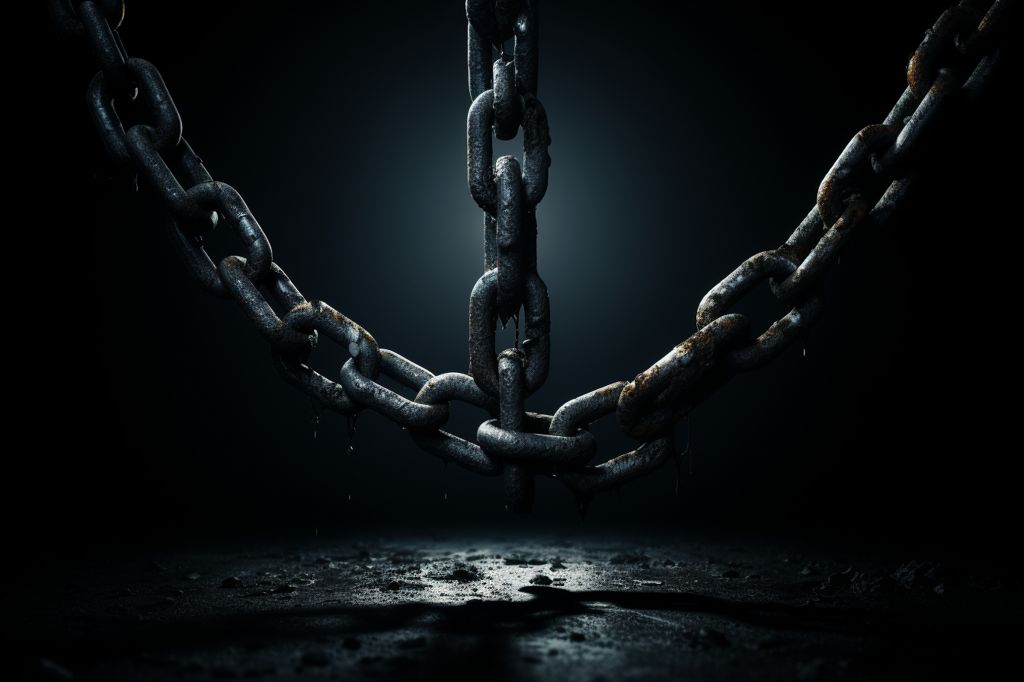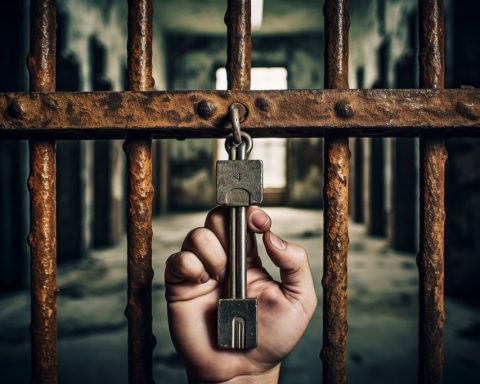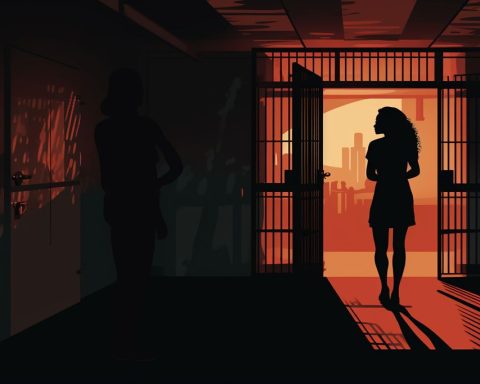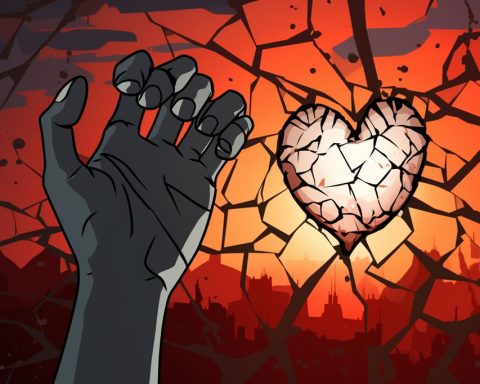The release of Frans du Toit and Theuns Kruger, the attackers of Alison Botha, has triggered outrage and fear among the South African public. Botha’s survival story in 1994, where she was brutally raped and assaulted, stabbed over 30 times, and left for dead, captured the nation’s attention, inspiring a book and an award-winning documentary. The recent announcement of the release of her attackers, who were sentenced to life imprisonment without the possibility of parole, has reignited the public’s anger and concern for Botha’s safety.
The Brutal Crime
In the evening of 18 December 1994, Alison Botha was kidnapped, raped, and assaulted by Frans du Toit and Theuns Kruger. They left her near-decapitated and disemboweled, but her incredible willpower enabled her to crawl to a nearby road for help, holding her head and stomach together with her hands.
The Symbol of Resilience
Alison Botha became a symbol of resilience and strength in the face of adversity after her survival story captured the nation. Her story inspired a biography titled “I Have Life” and an award-winning documentary, “Alison.”
The Life Sentence
Pretoria High Court Judge Chris Jansen sentenced du Toit and Kruger to life imprisonment without the possibility of parole in 1995, emphasizing their danger to society.
The Decision to Grant Parole
In October 2004, a Department of Justice and Correctional Services decision declared all prisoners eligible for parole after serving 25 years in prison. The recent decision to grant parole to du Toit and Kruger was made in accordance with the Correctional Services Act, following a deliberation by the National Council for Correctional Services (NCCS). The NCCS includes professionals such as magistrates, attorneys, clinical psychologists, social workers, medical doctors, professors, and members of the public. They determined that the offenders had served the minimum sentence necessary to be eligible for parole.
The Public Outrage
The announcement of du Toit and Kruger’s parole release has reignited public outrage and concern for Alison Botha’s safety. South Africans took to social media to express their disbelief and anger, with some users highlighting the potential threat the released attackers could pose to women and children.
Alison’s Fear
Alison Botha shared her own concerns about her attackers’ potential release years before. In a 2015 interview with Carte Blanche, she revealed her fear that they would seek revenge upon gaining their freedom. Now, with their parole granted, these fears have come to life, forcing Alison to confront the ghosts of her past and face an entirely new challenge.
The Rehabilitation Process
Correctional Services spokesperson Singabakho Nxumalo emphasized the intensive rehabilitation process undertaken by the offenders in a statement following the announcement. Explaining the decision-making process, Nxumalo stated that “placing a lifer back into the community has to satisfy all the structures in the parole consideration process in terms of rehabilitation and the risk involved.”
The Nation’s Support
As Alison Botha now faces life with the knowledge that her attackers walk free, the nation once again stands with her, offering support and solidarity.












